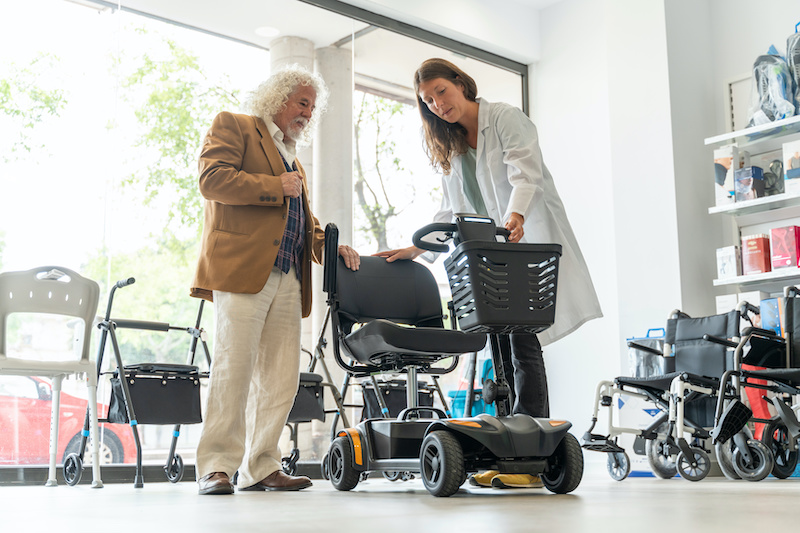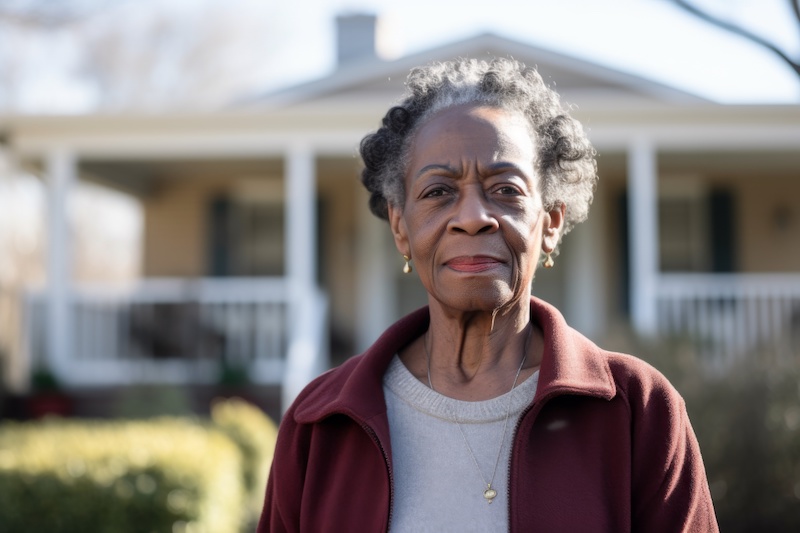 Senior independence can be elusive. As an elder law attorney, I often hear from my clients about their strong desire to remain independent in their own homes for as long as possible. This sentiment is understandable, as familiar surroundings can provide a sense of comfort, security, and control.
Senior independence can be elusive. As an elder law attorney, I often hear from my clients about their strong desire to remain independent in their own homes for as long as possible. This sentiment is understandable, as familiar surroundings can provide a sense of comfort, security, and control.
The Benefits of Home Sweet Home for Senior Independence
Staying at home can offer numerous advantages for seniors. A familiar environment can significantly reduce stress and anxiety, promoting overall well-being. Additionally, studies have shown that older adults who remain in their homes tend to live longer and healthier lives. The independence and control that comes with staying at home can also boost self-esteem and dignity.
Moreover, staying at home allows seniors to continue their hobbies, maintain social connections, and feel more connected to their communities. This can enhance their quality of life and contribute to a sense of purpose.
Senior Independence — Safety and Support
 While staying at home has many benefits, it’s essential to consider safety concerns, especially for individuals with advanced needs. In some cases, 24/7 supervision may become necessary. Family members can play a vital role in providing support, but professional caregivers may also be required.
While staying at home has many benefits, it’s essential to consider safety concerns, especially for individuals with advanced needs. In some cases, 24/7 supervision may become necessary. Family members can play a vital role in providing support, but professional caregivers may also be required.
It’s important to note that there are costs associated with in-home care. These costs can be covered through personal funds, traditional long-term care insurance, or newer long-term care financial products. However, it’s crucial to assess whether your needs can be safely met at home with the available support system and financial resources.
Factors to Consider in Senior Independence
When deciding whether to stay at home, consider the following:
- Family support: Can family members provide assistance or supplement professional care?
- Financial resources: Can you afford out-of-pocket costs for in-home care?
- Support system: Are there adequate resources and services available in your community?
Planning for Senior Independence 
As an elder law attorney, I frequently incorporate my clients’ desire to remain independent in their homes into various estate planning documents. This can include provisions for durable powers of attorney, living wills, and trusts that address long-term care planning.
Additional Considerations in Senior Independence
 Beyond the factors mentioned above, there are other important considerations to keep in mind when planning to stay at home:
Beyond the factors mentioned above, there are other important considerations to keep in mind when planning to stay at home:
- Accessibility
Ensure that your home is accessible and safe for your needs. This may involve modifications such as installing ramps, grab bars, or widening doorways. - Transportation
Consider your transportation needs. Will you be able to get around safely and independently? - Socialization
Plan for ways to stay connected to your community and maintain social relationships. This may involve joining local clubs or groups, attending events, or using technology to stay in touch with friends and family. - Health and Wellness
Make sure you have access to regular medical care and support for any health conditions. Consider joining a senior center or adult day care program to stay active and engaged.
Staying at home can be a rewarding and fulfilling experience for seniors. By carefully planning and considering the factors involved, you can increase your chances of living a comfortable, independent, and enjoyable life in your own home.
About Walnut Creek Elder Law in Walnut Creek, California
Michael J. Young is an experienced elder law, estate planning and asset protection planning attorney in Walnut Creek, CA. Mr. Young advises his clients regarding their estate planning needs with an emphasis on asset protection, Medi-Cal qualification, and preservation of assets for various levels of their care as they get older. Mr. Young’s journey into elder law began when his mother suffered from an acute injury that required her to be in a skilled nursing facility. He is co-author of the book, “Don’t Go Broke in a Nursing Home” and is the author of the “Alzheimer’s Legal Survival Guide.” Mr. Young presents monthly workshops in Walnut Creek regarding estate planning, asset protection, and Medi-Cal planning. He has helped many clients over the years successfully qualify for Medi-Cal and has protected their assets from state recovery. Call today to schedule a consultation (925) 256-0298.

